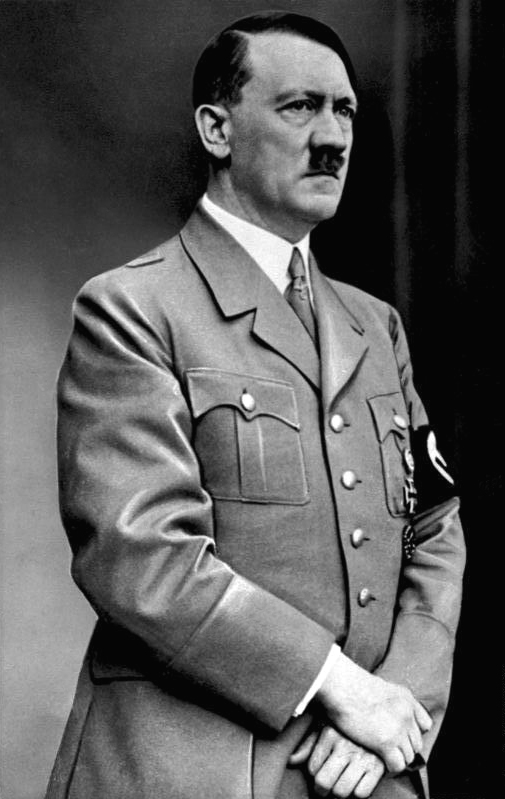Some Brief Thoughts About Killing [#EatThisBook - Exodus 11]
Many people?even those who are inclined toward pacifism‘seem to allow that certain situations may make the killing of another human being an evil necessity. Maybe to prevent genocide or to stop a future Hitler, it becomes necessary to kill. Maybe. (I'm not sure what I think.) But what about God? Is it okay for the Lord to kill?In Exodus 11, Moses announces to Pharoah the last of the terrible plagues that the Lord will inflict on Egypt: all of the firstborn of Egypt will be killed
from the firstborn of Pharoah who sits on his throne to the firstborn of the female slave who is behind the handmill, and all the firstborn of the livestock? (v.5).
I am very uncomfortable with the idea of the final plague. Here are some of thoughts that Exodus 11 raises in my mind:Brief Thoughts on Killing
- There is no war without the killing of innocents. I'm not saying this fact is good--it is an evil fact--but I'm merely just describing what is a fact. In every single war throughout history, innocent women and children suffer and are killed. The talking heads on television will talk about ‘surgical strikes? and avoiding collateral damage. This is a wicked lie. It doesn't matter the cause: in war, innocent people always suffer. Always.
- Killing may at times be necessary?I honestly don‘t know what I think. War may be a necessary evil in an evil world. But war is always evil, and war is always hell. If we are going to speak about war, we need to acknowledge the bitter truth: we are going to kill babies, little children, nursing moms, and many other innocent parties. There may be times when that is the price to pay. But let us be honest about the price.
- Perhaps there was no way for the Lord to bring the Israelites out of Egyptian slavery without the final plague. If Hitler could only be stopped through violence, perhaps the same goes for Pharoah.
- [An update from a friend of mine]: We should remember that Pharaoh had ordered the deaths of all the male children of the Israelites (Exodus 1). Perhaps there is some sort of relationship between the final plague and Pharoah's earlier actions. You reap what you sow? I realize that doesn't solve the problem, but is worth thinking about.
- In the mystery of the Trinity, God the Father knows what it is like to lose God the Son. You cannot think of the death of the firstborns in Egypt without thinking of the death of the only begotten of the Father, crucified on Good Friday.
- There is a mysterious connection between the Passover and Good Friday. The Passover is when the Angel of Death passes over the houses of the Israelites but strikes down the firstborn of the Egyptians. Passover then becomes a yearly religious ceremony for the Jews, and it is at Passover that Jesus is crucified by the Romans, centuries after the events described in Exodus 11.
- Christ has died. Christ is Risen. Christ will come again.? We?ll be saying those words in my church this Sunday, and somehow I believe that they are an answer to the difficulties I have with Exodus 11. Christ was an innocent, killed. But Christ was raised from the dead, which means death doesn‘t have the last word. And Christ will come again and make all things well.
- In the meantime, we wait and live in the tension between hard questions about a hard world and the knowledge of the Resurrection.
I warned you about the difficulties of scripture?.

